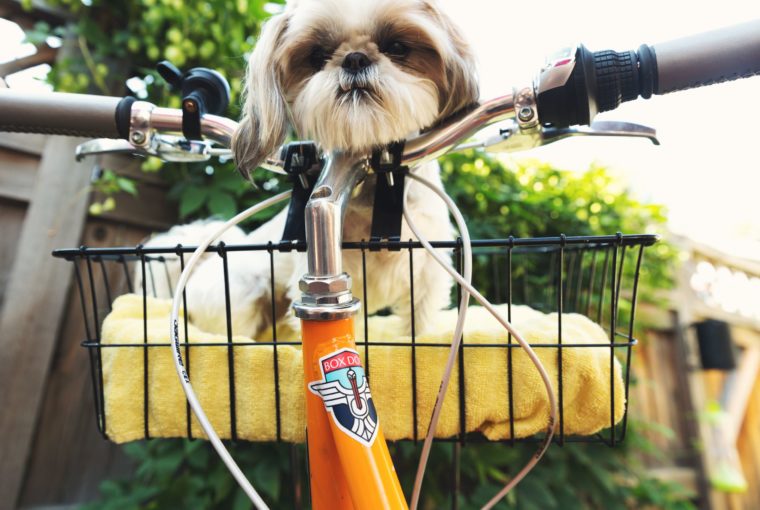7 Basic Tips To Take Care Of Your Pooch
It’s our responsibility to ensure that our four-legged friends live a safe, healthy, and happy life. These are a few basics (particularly for new dog owners) on how to take care of your pooch.
1. Your dog has teeth too!
Don’t forget your dog’s dental health. Many breeds are susceptible to illnesses which can lead to teeth loss. If left untreated, gum diseases can lead to infection which may result in further complications.
2. Grooming
Long haired dogs are prone to matting (knots and tangles) in their fur. Elderly dogs can have issues with long nails which can lead to difficulty in walking (yes, dogs can get ingrown nails also!).
3. Bond with your babe
Dogs are very social by nature, they need companionship and communication. Keep your dog happy by giving him one on one time daily, trust us he’ll only love you more for it.
4. Training
We understand that finding the right trainer isn’t easy, but! it doesn’t mean you should neglect to teach them their ABC’s. With a little effort, you yourself can teach them the basic commands of Sit, Stay, Down in the comfort of your own home. Although, if your pooch is a little stubborn, it may not be a bad idea to invest in some basic training.
5. Regular exercise
Dogs need regular exercise in order to stay healthy. It’s actually something that can be very easily overlooked by us pet owners, but many breeds (particularly the small ones) suffer from terrible health issues if they become over weight.
6. Balanced diet
Portion control, the amount given is determined by their size and breed, your veterinarian can help you calculate the exact amount. But generally speaking, most adult dogs should eat two meals a day and puppies often require three or more feedings.
For highly active dogs you can leave food one of those meals out all day and let your dog nibble on it as he likes (this applies to dry food only). This may seem obvious, but always keep a source of fresh clean water available where your dog can easily reach it.
7. Regular visits to the vet
Get his/her health card made and make sure vaccines and deworming are all done on schedule. Pay attention to any behaviour changes, and take them straight to the vet if you notice anything out of the ordinary. Dog’s are pretty consistent in how they communicate, you’ll instantly know if you notice a shift.












